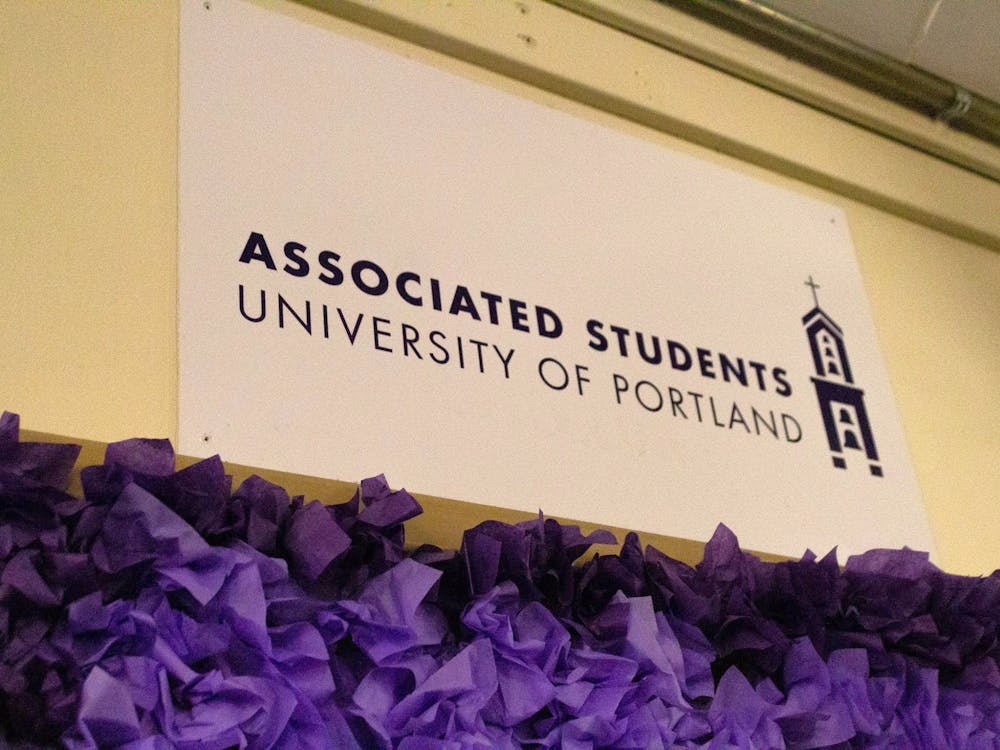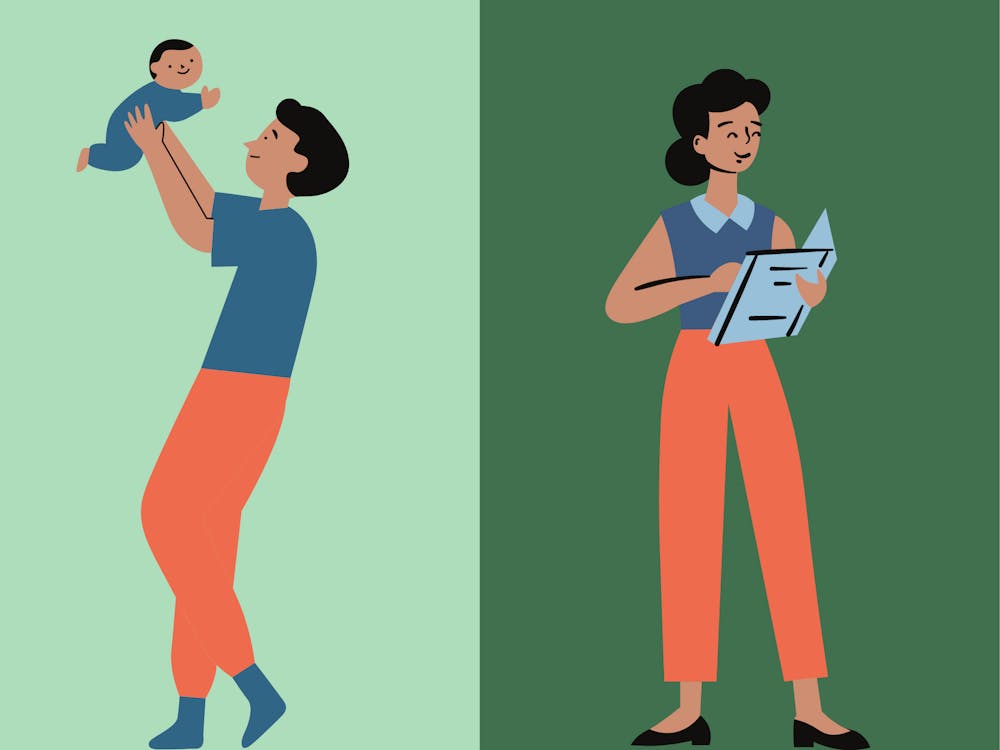Ever since I was little, I’ve found joy in making to-do lists. I always liked to make them as detailed as possible, so I had more items to cross off, which would make me feel more accomplished at the end of the day. Before I had too many responsibilities, my to-do lists would look something like this:
Wake up
Eat breakfast
Take shower
Clean room
Eat lunch
Play the piano
Eat dinner
Get ready for bed
Watch TV
Go to bed
In fact, I’m pretty sure I’ve just almost exactly recreated one of my to-do lists from circa 2009.
Today, my to-do lists look a bit more cluttered: homework, job applications, household chores, leadership roles and responsibilities, work… sometimes it feels never ending. Now, I’m sitting down to write this at the end of a long and “productive” day. I’ve finished nearly everything on my to-do list. Writing this piece is the last item.
I was going to write this yesterday, but yesterday ended up being “unproductive.” I crossed nearly nothing off of my to-do list. In fact, all I did was go to class, make food, sleep, and help my friend solve a crossword.
It’s been a long year for all of us. Online school sucks, mental health sucks, everything sucks, and if you’re like me, all you ever want to do is stay in your pajamas and sleep all day. Lately, I’ve found that I haven’t fulfilled my idea of what productivity should be nearly as often as I used to. But I was recently struck with a realization that I’ve taken a lot of comfort in: capitalism is the root of all evil.
Okay, I’m kind of kidding. But if you know me, you know that I like to blame capitalism for all my problems. This time, I might be onto something.
You don’t have to take an economics course to know that the United States is, arguably, in late-stage capitalism. It’s one of those buzzwords you see everywhere. On a personal level, capitalism has a hold on more aspects of your life than you might be aware of. Despite dictating elements of your socio-economic status, your long-term aspirations, and your general quality of life, capitalism also affects how you see yourself on an individual level.
I’m referring to the misconception of productivity, something I’ve experienced constantly in my life. American Capitalism is about efficiency and profit. It’s about making as much product as possible in as little time as possible for as cheap as possible. This mindset has permeated the American public to the point that this is how we live. Not just at work, but at home too. We multitask everything — eating in our cars, on the way to work or school, doing our homework for one class while we’re on Zoom for another, convincing ourselves that it’s not weird that our work life and school life have become indistinguishable from our home life. Have you ever found yourself competing with a friend about who got the least amount of sleep last night? “Oh, you got five hours of sleep? Well, I had to cram for a test so I only got three.” You know what I’m talking about.
And the worst part of it all? If we have an “unproductive” day, if we take a vacation or a mental health day to rest and relax and not do anything on our to-do lists, we feel terrible about ourselves. It’s the dysfunctional, crippling shame of being “unproductive,” and it’s incredibly unhealthy.
I want to go back to the two days I was talking about at the beginning of this. Today, I said, I was productive because I crossed everything off of my to-do list. Yesterday, I said, I was unproductive because I didn’t cross anything off of my to-do list. But, do you know what I did do yesterday? I slept a full nine hours. I ate three meals. I bought groceries. I watched some TV and let my brain chill out. I participated in my classes and actually enjoyed learning. I solved that crossword puzzle with my friend, and then talked and laughed with my other friends after that. When I put it like that, I wonder why that can’t be thought of as productive. I nourished my body, I had fun, I stimulated my brain, and I let myself rest. And because of all of that, today I had enough energy to do what I needed to do on my actual to-do list.
When I search the definition of “productive” in the dictionary, I get “yielding results, benefits, or profits” and “yielding or devoted to the satisfaction of wants or the creation of utilities.” It doesn’t have to be about doing as much as possible in a day. When I listen to my body and eat a meal or take a nap, I am devoted to the satisfaction of wants. When I allow myself to have fun with my friends and solve a crossword puzzle, that feeling of accomplishment afterwards is because I yielded results and benefits.
And, if I happened to be living through a historic pandemic that has ravaged my mental health and made every aspect of my work and school life exponentially harder, and I decided I wanted to take a day to lay in bed, I think I could argue that in doing that I was being productive by fulfilling a need of my body and mind.
Because we live in a capitalist society, that sight of a long to-do list full of empty, unchecked boxes is just about enough to trigger a panic attack. Our self-worth is measured by productivity, and our productivity is measured by whether or not we’re getting as much work done as possible at any given moment.
I’m letting go of this misconception, and I think you should too. My first step in reforming how I feel about productivity and my self-worth? Making a new to-do list for tomorrow. And it’s going to look something like this:
Wake up
Eat breakfast
Take shower
Clean room
Eat lunch
Play the piano
Eat dinner
Get ready for bed
Watch TV
Go to bed
Sadie Wuertz is a reporter for The Beacon. She can be reached at wuertz22@up.edu.
Have something to say about this? We’re dedicated to publishing a wide variety of viewpoints, and we’d like to hear from you. Voice your opinion in The Beacon.








